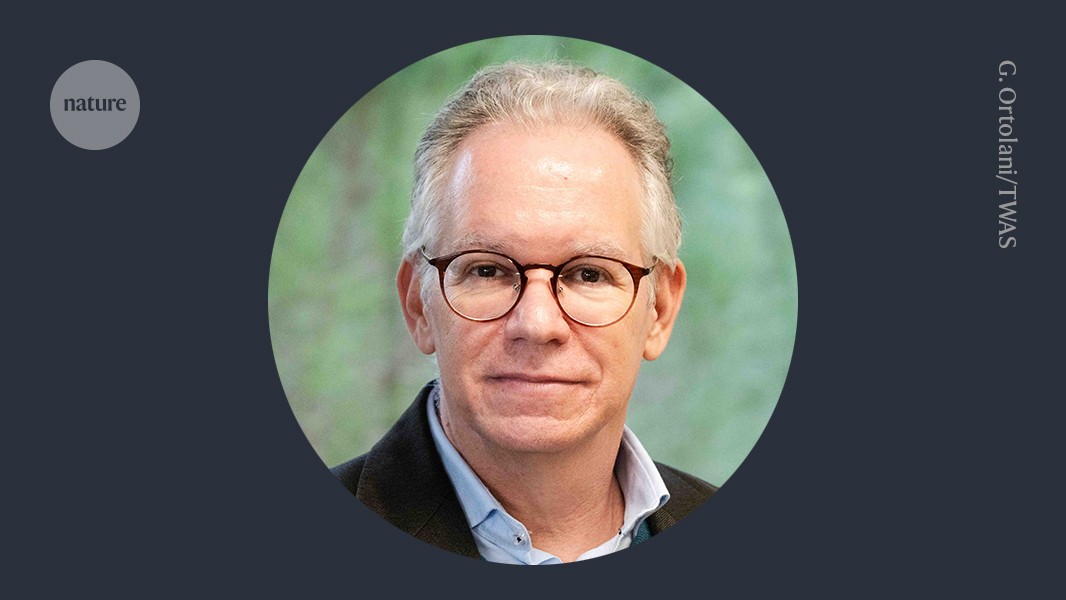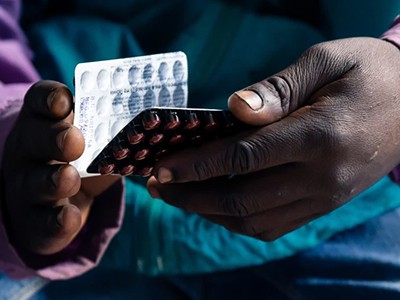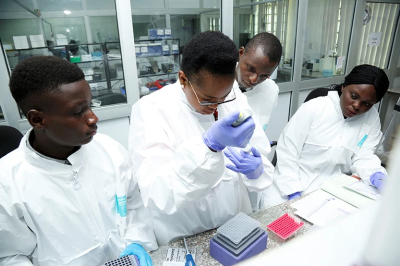Growing up in Argentina and Brazil, I was immersed in a culture in which football is more than a sport — it’s a national passion, a source of collective identity. As a scientist, I’m fascinated by how countries with limited resources have consistently produced world-class players.
The key is availability of opportunity. Everywhere, you find makeshift sports fields, and networks of coaches help to identify, nurture and elevate talent. Shouldn’t we do the same for science?
AI can help to tailor drugs for Africa — but Africans should lead the way
Every young person with a curious mind — regardless of gender, geography or socioeconomic status — should have a real chance of becoming a researcher. Science benefits humanity by confronting the world’s environmental, health, technological and social challenges. It should be widely seen as a career to aspire to, a source of pride for families and communities.
Building scientific capacity in historically over-exploited countries (often referred to as the global south) is crucial. By 2050, for example, an estimated 40% of the world’s children will be in Africa — many in regions where science is chronically underfunded. And those who do become scientists will face overwhelming obstacles: inadequate infrastructure, limited funding, scant mentorship and exclusion from international scientific discussions. Conventional models of cooperation frequently replicate outdated hierarchies, sidelining those that are most needed.
Local researchers are best placed to address these challenges and create opportunities for promising young talent. Funding, good facilities, mentorship and networking opportunities are needed to train and support the next generation of scientists in the global south.
Some efforts are already under way. I witness daily how scientific excellence can flourish if given the opportunity, in my role as executive director of the World Academy of Sciences for the advancement of science in developing countries (TWAS) — a programme unit of the United Nations cultural organization UNESCO. With even modest investments, scientists can establish laboratories, develop technologies, advance public health, drive climate adaptation and push research boundaries.
Could Africa be the future for genomics research?
For example, since 1986, TWAS programmes have provided almost 3,000 grants (each worth US$20,000–70,000) to researchers across the global south. In Dakar, Senegal, nanomaterials physicist Balla Diop Ngom at Cheikh Anta Diop University makes batteries from peanut shells, and virologist Ndeye Sakha Bob at the Pasteur Institute’s local branch is working towards much-needed rapid diagnostic tests for dengue.




